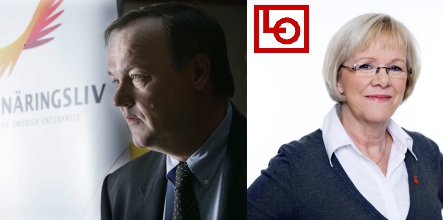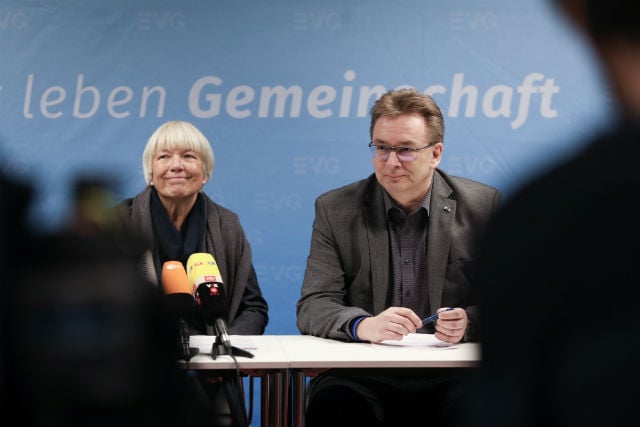The talks began in August 2008 and were described as a new Saltsjöbaden agreement (Saltsjöbadsavtalet) – a landmark deal signed in 1938 in the Stockholm suburb of the same name which has governed Swedish labour relations since.
Representatives from the three main parties to the agreement—the Swedish Trade Union Confederation (LO), Federation of Salaried Employees in Industry and Services (PTK), and the Confederation of Swedish Enterprise (Svenskt Näringsliv) agreed in May 2008 that the time had come to revisit -and revise – the 70 year old agreement.
According to Svenskt Näringsliv the talks collapsed on Wednesday as LO and PTK had refused to discuss new guidelines on how unions apply their right to industrial action and rules which determine the order of priority when making redundancies.
The employers’ association wanted the skills and ability of workforce members to be considered when applying the rules, framed in employment security legislation (Lagen om anställningsskydd – LAS).
“It is deeply regrettable that we have not been able to secure a new agreement,” chief negotiator at Svenskt Näringsliv, Jan-Peter Duker said.
“When we invited the parties to negotiate in the autumn of 2007 we explained that our two key issues were the industrial action rules and priority rules according to LAS. We have now canvassed LO and PTK and it is clear that there is no scope for compromise on those points.”
LO’s chairperson Wanja Lundby Wedin responded that the employers’ demands would have completely shifted the balance of power in the labour market.
“The key issue is LAS. We have also tried to find a way to read it differently but according to their proposal employers would be able to decide completely over the priority rules if the parties were unable to reach an agreement,” Lundby Wedin stated.
Sweden’s labour market minister, Sven Otto Littorin, expressed regret that the chance had not been seized to sign a new agreement.
“They had a unique and almost historic opportunity to reach agreement over a new way to manage problems in the labour market, especially in these troubled times.”
Littorin underlined that the government would not itself take the initiative for any changes.
“Had the parties together come to me and requested a change to LAS, I would have looked at it. That they have not managed to (agree) is regrettable.”



 Please whitelist us to continue reading.
Please whitelist us to continue reading.